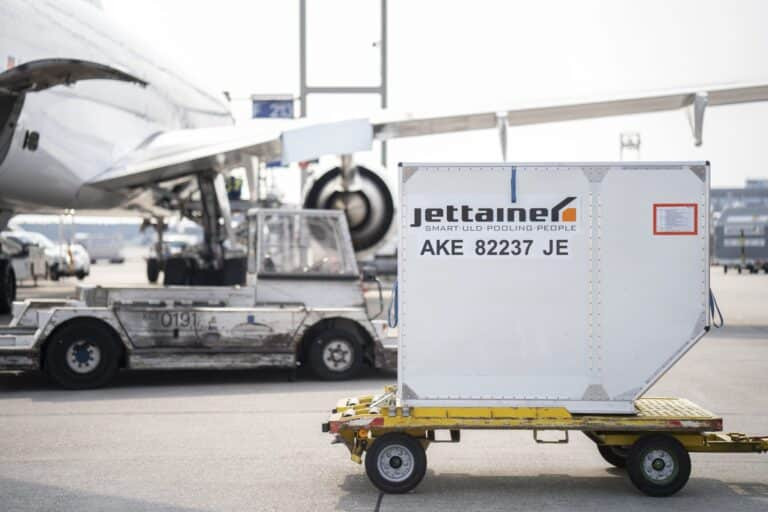“The industry is prepared to manage upcoming challenges. All stakeholders have learnt a lot based on the experiences in 2020, collaborated closely and were forced to break new grounds.
“Digitisation and innovation were boosted. More than ever, the industry is flexible and responding quickly to the numerous challenges, whilst successfully optimising cost and efficiency.
“Supply chains take years to be setup, as a result they do not collapse easily – but they are also not adjusted quickly. Cargo carriers play a major role in keeping these global supply chains running.
“Nonetheless, the cargo industry, as well as the ULD industry, relies on the recovery of passenger flights to get back to normal. Flexible solutions like the “preighter” business might continue for some months.
“It is also likely that ad-hoc charters and trucking will become a new standard before we see the number of passenger flights grow in the second half of 2021.
“We expect the pandemic to accompany us throughout this year. It is difficult to predict how quickly the economy in the respective countries will recover and what impact this will have on the airfreight markets. Airfreight is a global business dependent on worldwide production and existing supply chains.
“We do not see an overall recovery across Europe as of yet, at least not in respect to freighter and belly capacities. But European carriers have an extensive network of Road Feeder Services (RFS) to feed their hubs.
“We have experienced a shift of ULD-movements from flights to trucking services: Cargo is being transported on the road and we use the trucks for the positioning of ULDs.”



